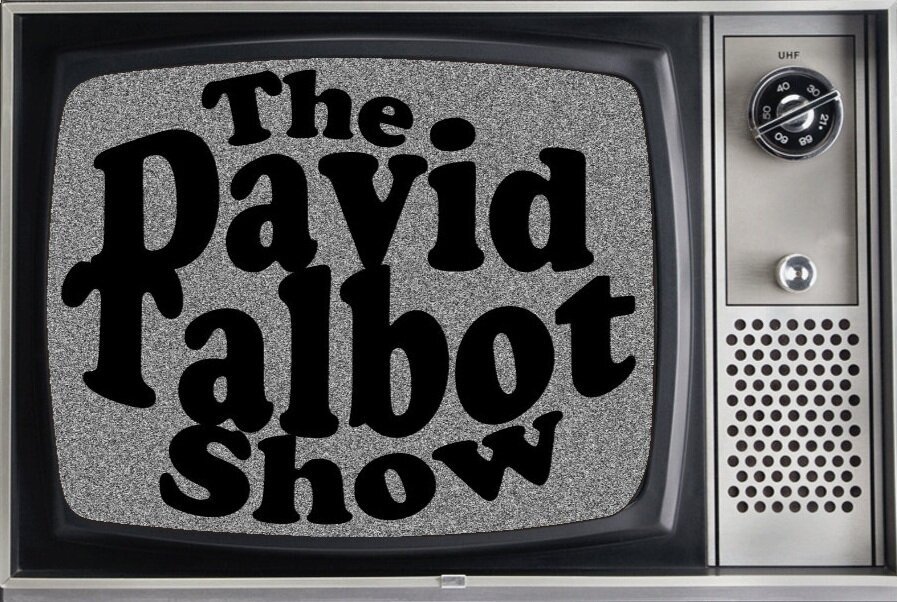The Man Who Exposed the Warren Commission
Historian Gerald McKnight, whose 2005 book on the Warren Commission, Breach of Trust, remains the best dissection of the notorious JFK assassination panel, has died. McKnight, who was at one time the chair of the history department at Hood College in Maryland, is still one of the few campus scholars to ever take on the explosive subject — which nearly six decades after the gunfire in Dallas’s Dealey Plaza remains taboo in university (and media) circles. It was the Warren Commission’s glaring coverup of this national trauma that began the deep erosion of the public’s faith in authority. But rather than examining this fundamental “breach of trust,” timid scholars and pundits today continue to mouth the party line about accused “lone gunman” Lee Harvey Oswald — and lump all independent Kennedy researchers with paranoid QAnon cultists.
But Gerald McKnight, whom I had the pleasure of meeting once, was not easily intimidated. A crusty veteran of the Korean War, he simply followed the path of his honest scholarship, even when it was widely considered politically and (academically) incorrect. His book on the willful failings of the Warren Commission — which should have been called the Dulles Commission because of ex-CIA chief (and Kennedy-hater) Allen Dulles’s huge influence over the panel — still ranks as one of the Top 10 books on the Kennedy assassination. That’s Dulles, the dark subject of my book The Devil’s Chessboard, looming (in a bow tie) behind President Johnson as LBJ was given a copy of the Warren Report in 1964.
Here’s an excerpt from a 2005 interview conducted with McKnight, courtesy of Alan Dale:
I think there are several telltale (Warren Commission) evasions: 1) The WC’s failure to launch a real investigation into Oswald’s Mexico City trip. This, I believe, is a key to what forces or interests were behind the murder of JFK. 2) The destruction of JFK autopsy materials and the writing of a second autopsy protocol after it was learned that Oswald was murdered—in short, the fabrication of the JFK autopsy protocol. 3) Lastly, the fact that the FBI and the WC had the Atomic Energy Committee (AEC) run sophisticated Neutron Activation Analysis (NAA) on Oswald’s paraffin casts and other forensic materials and then failed to include those results in the final Commission Report. The fact that some of the best evidence in the case was never disclosed in the Warren Report leads to one inexorable conclusion: that results exonerated Oswald.
Some people, especially those born after the assassination, seem to think this is “old news.” How do you explain to them that the unanswered questions surrounding that event are still incredibly relevant more than 40 years later?
A president is assassinated—there can be no more de-stabilizing crime in our system of government—and there is no good-faith effort to uncover the facts. What does this say about the legitimacy of our government? Moreover, once JFK was removed, there followed possibly history-altering changes in our foreign policy. Had Kennedy lived, would he have liquidated our involvement in Vietnam? Many credible historians speculate that he would have ended our involvement by the end of 1964. Kennedy’s tentative steps toward a rapprochement with Castro’s Cuba ended with Dallas. Once LBJ heated up our Vietnam involvement, the Soviet-American detente growing out of the peacefully resolved 1962 Cuban Missile Crisis was terminated. This raises the foreboding question: Was JFK’s assassination a coup d’etat?
More on Gerald McKnight

